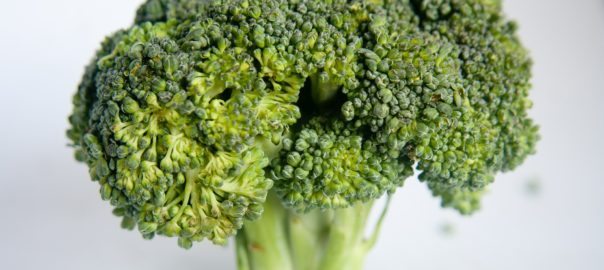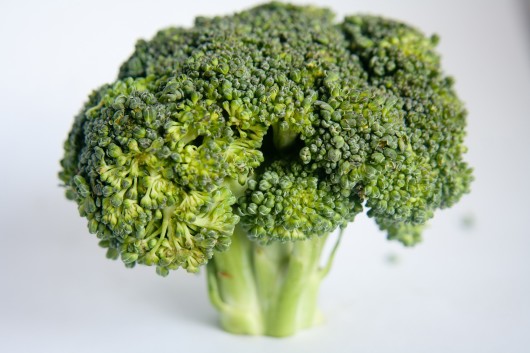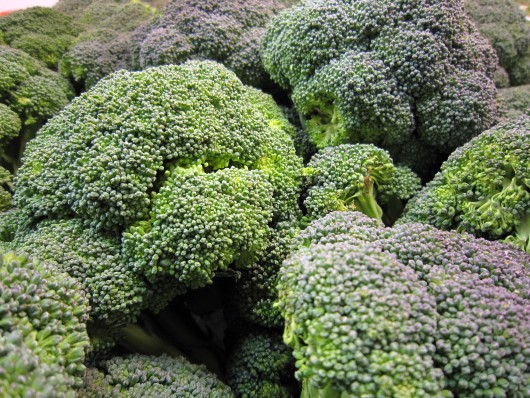Broccoli and Why You Should Be Eating It

When you are thinking about superfoods that will sustain and nourish your family, you may find that you are a little bewildered about broccoli. For so many years, many of us have thought of broccoli as one of those foods that you have to eat, not one that you would want to eat. However, new research is coming out that tells us that there are plenty of reasons to eat this dark green veggie. Learn a little bit more about broccoli and why it belongs in your refrigerator.
What Is Broccoli?
The first records of people cultivating broccoli as a food crop date back about 600 BC in the Mediterranean region. The vegetable that was being grown at the time was more leafy, and looked more like the cabbage-type plants that broccoli is descended from, rather than the broccoli that we are used to today. Broccoli features heavily in Mediterranean cuisine, and it only came into wide usage in the United States during the 1920s. This vegetable is a member of the brassica family, and the part that is commonly eaten is the flowering part of the plant, which consists of fairly tender stalks and tiny flowering heads. Today, it is grown primarily in China and India, as the crop requires a consistent cool temperature.
Superfood!
Perhaps you remember being told to eat your broccoli, but you may never have received a good explanation for why you should do so. First, it is fairly high in vitamin C and potassium, both of which people often have a hard time getting enough of as they go through their day. On top of that, it is also a fantastic source of vitamin A, a fantastic source of dietary fiber, and some reports indicate that a high level of broccoli consumption can reduce the risk of prostate cancer.
Health Benefits?
Broccoli has many health benefits which are not immediately apparent. In the first place, it has a high dosage of sulfur compounds, which can create a pungent odor when it is being cooked. However, those same sulfur compounds have the effect of reducing the risks of colon cancer, ovarian cancer and bladder cancer. On top of that, it also has a fantastically high level of anti-oxidants, which also work to prevent cancer in the body. Eating it regularly helps you boost your immune system while also supporting your cardiovascular health. It is very nutritionally dense; as a matter of fact, it might be one of the most nutritionally dense foods around. It is an excellent choice for pregnant women, as it has been shown to reduce birth defects, and it can also reduce the possibility of cataracts. With this in mind, it makes perfect sense that you might be interested in adding this powerful brassica to your daily diet!
How Do I Eat Broccoli?
When you are thinking about getting more broccoli into your diet, you’ll find that all you need for a daily serving is about ½ cup of cooked broccoli. However, if you prepare it right, you’ll find that you’ll definitely be interested in eating more! To prepare a very tasty side dish for dinner, start by cutting up about four or five cups of broccoli or by thawing frozen florets and turning your oven up to 425 degrees Fahrenheit. Toss your broccoli florets in a mixture that includes 2 tablespoons of olive oil and a sprinkle of salt and pepper. Then place it into a roasting pan and roast it in the oven for about fifteen to twenty minutes or until the edges are slightly browned. This allows you to keep the fresh green taste of the broccoli without risking the sulfur smells of cooking it. To spice up this recipe a bit, add some crushed garlic or some lemon juice to the mix.

